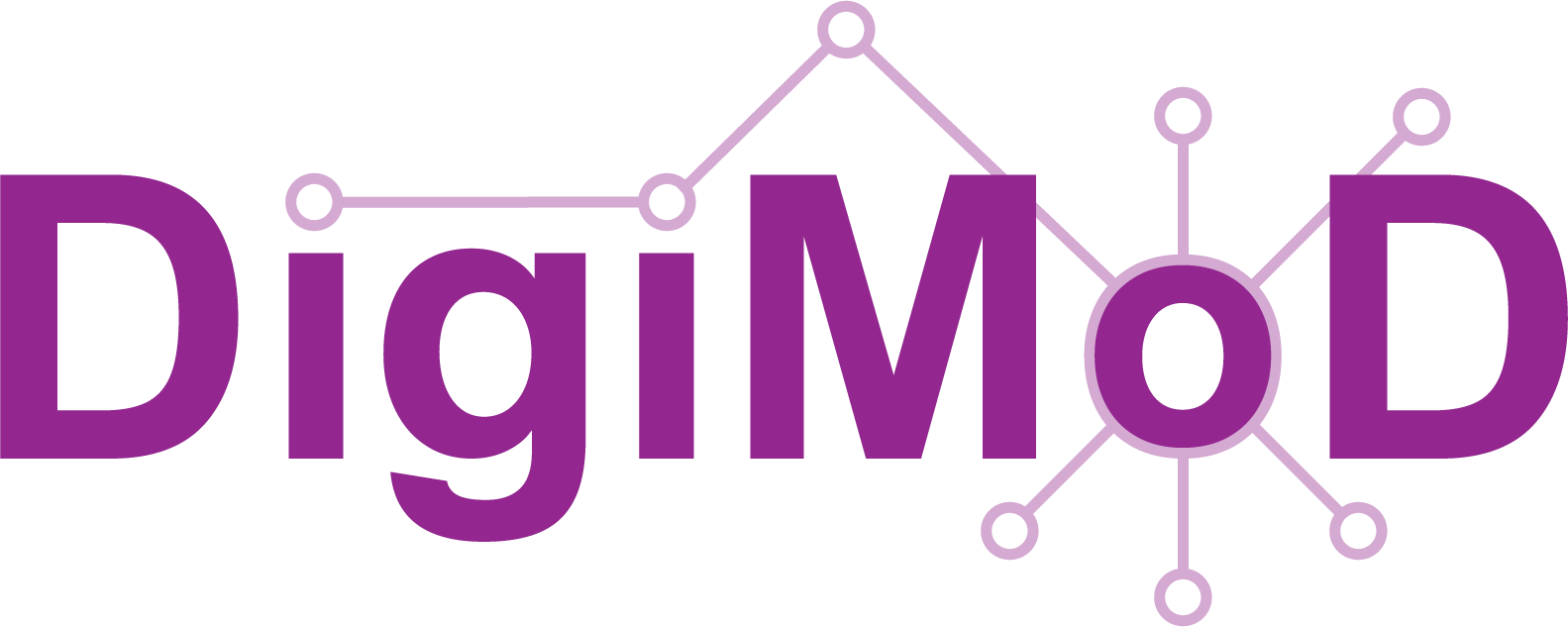From October 24th to October 25th, the DigiMoD team joined a workshop the Weizenbaum Institute hosted titled “Generative AI, Digital Publics, and Data Access: Advancing Collaborative Research”. This international workshop brought together researchers from the Digital Media Research Centre at Queensland Tech University and the Weizenbaum Institute.
Through a combination of research presentations and breakout sessions, the workshop provided a fruitful opportunity to learn about new perspectives and find starting points for future collaborations.
On the second workshop day, October 25th, Daniel Thiele (Freie Universität Berlin/Weizenbaum Institute) presented the paper “Manipulating climate change debates? Coordinated behavior on Twitter during COP 26 and 27”. This project is a collaboration with Miriam Milzner (Freie Universität Berlin/Weizenbaum Institute), Prof. Dr. Annett Heft (Universität Tübingen, Freie Universität Berlin/Weizenbaum Institute), and Prof. Dr. Barbara Pfetsch (Freie Universität Berlin/Weizenbaum Institute).
Climate change debates on social media are increasingly polarized and might have become a target of manipulation campaigns. The presented research explores traces of coordinated social media manipulation (CSMM) on Twitter during the UN climate change summits COP 26 and 27 in 2021 and 2022. In CSMM campaigns, groups of accounts artificially increase the visibility of content through orchestrated posting behavior. This technique plays a key role in contemporary disinformation campaigns but remains understudied in climate change debates. The study contributes to understanding how coordinated social media manipulation affects climate debates and offers insights for future research on coordinated social media manipulation, particularly in the era of generative AI, which can mass-produce credible content at scale.
To address this research gap, the DigiMoD-researchers analyzed digital trace data from Twitter (N=5,808,472), collected by the Cloud-C project hosted at the University of Helsinki. In this paper, they employ their novel tool coorsim to detect coordinated posting behavior. The tool leverages document embeddings to detect similar texts that are rapidly co-posted, and a coordination-sensitive community detection algorithm. The findings reveal a great variety of coordinated activity during the two summits, ranging from small, state-backed public relations campaigns to large-scale hashtag campaigns driven by genuine grassroots movements. The preliminary findings underscore the importance of acquiring additional evidence for distinguishing between manipulative intent and coordinated activity of genuine actors.
The event provided an amazing opportunity for valuable exchange and discussions as well as for advancing collaborative research.
